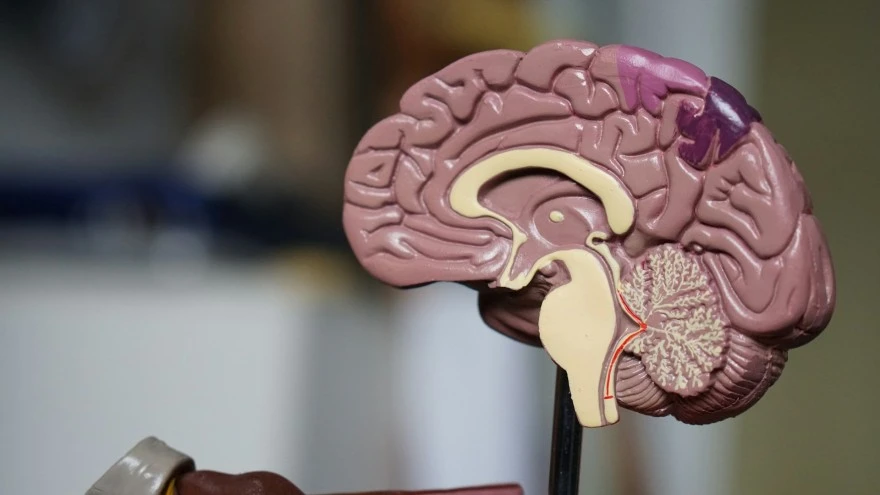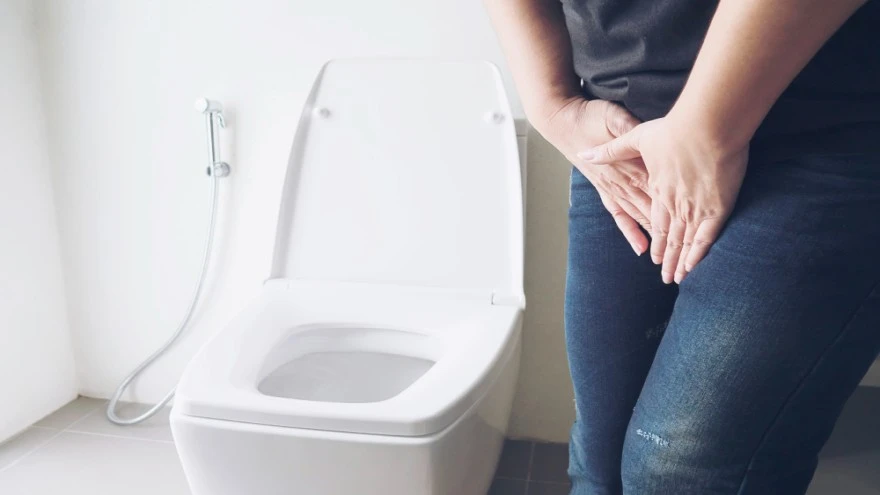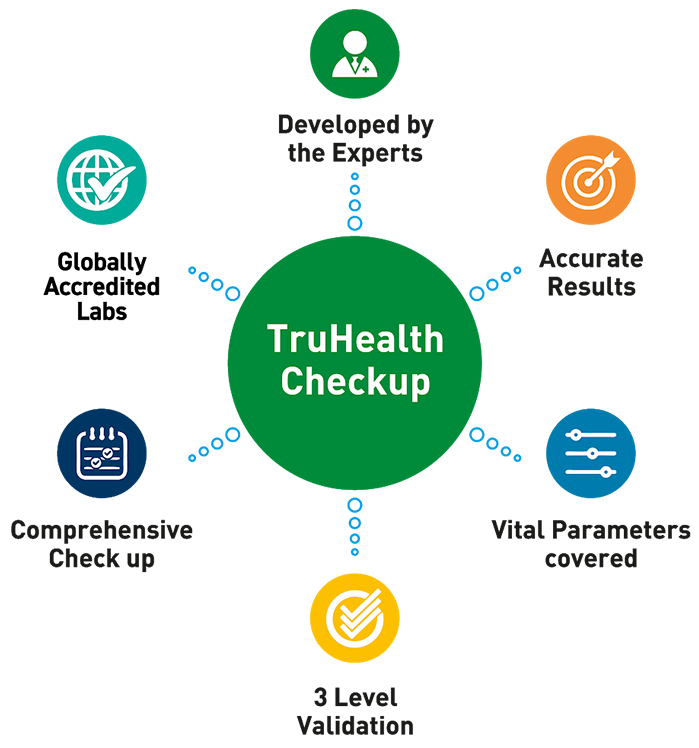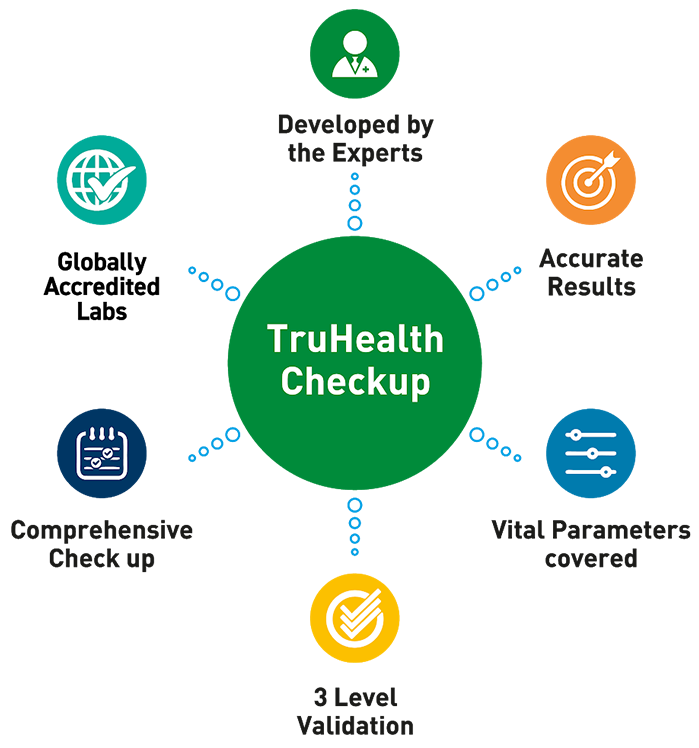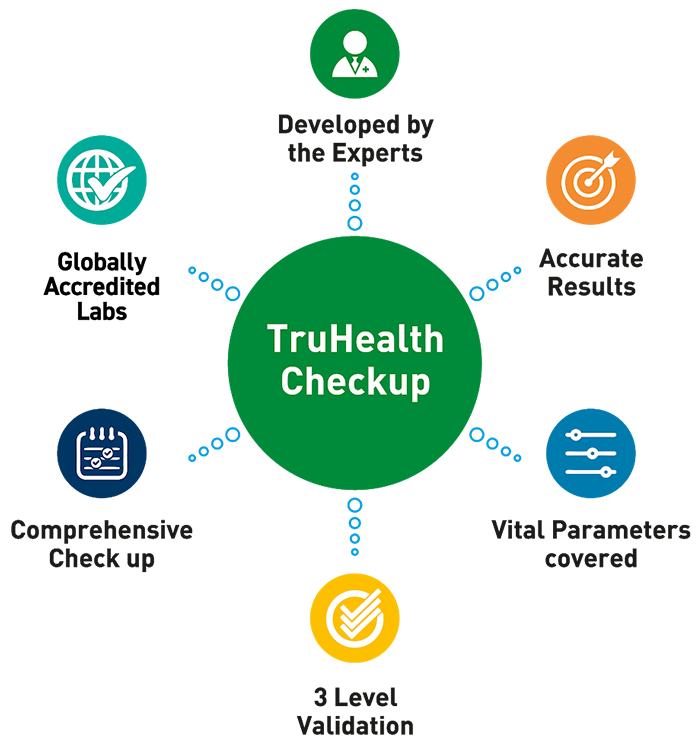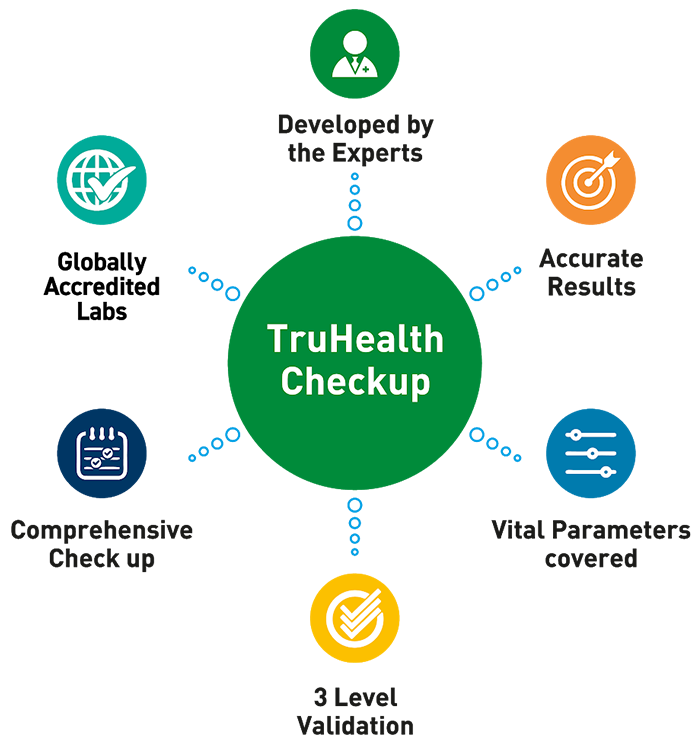Preventive Healthcare
Hypothermia: Symptoms, Causes, Treatment & Prevention
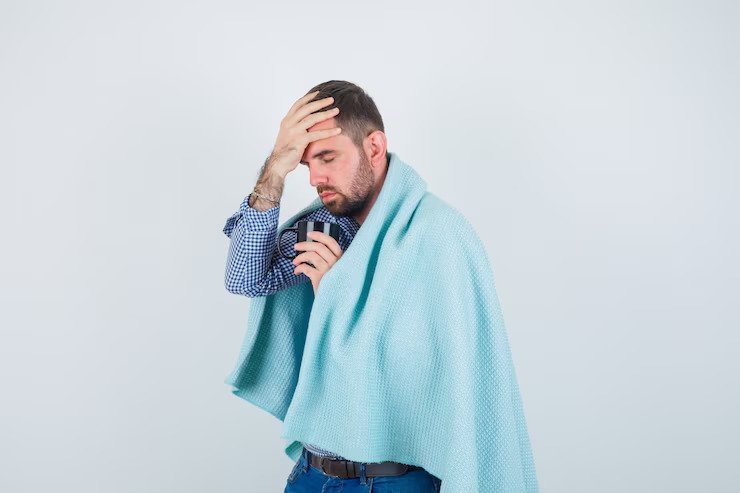
Table of Contents
Exposure to cold weather can be a pleasant experience if it is in moderation. Even extreme cold is tolerable, provided you are thermally insulated. However, exposure to cold and sub-zero temperatures enters dangerous territory when you develop a condition known as hypothermia. This blog will discuss the medical definition of hypothermia, its causes, symptoms and possible treatments.
What is Hypothermia?
Hypothermia is a serious medical situation wherein your body's rate of heat loss is faster than its heat production, causing your body temperature to drop below 35°C (95°F). If the condition is left untreated, it will eventually cause your heart to shut down, making it fatal. In terms of hypothermia causes, the culprits include exposure to cold weather or cold water, old age, and certain medical conditions. As for hypothermia symptoms, it includes shivering, confusion, drowsiness, and slurred speech. Lastly, hypothermia treatment includes warming the person gradually and rewarming their core body temperature. Hypothermia can be fatal if not treated immediately. We will explore all these factors in detail in the following sections.
Symptoms of Hypothermia
The main hypothermia symptom is an abnormally low body temperature. A core body temperature below 95°F (35°C) in adults is considered hypothermia. Other signs and symptoms may include:
- Shivering
- Confusion
- fumbling hands
- Exhaustion
- Slurred speech
- Drowsiness
- Shallow breathing
If you suspect someone has hypothermia, take their temperature. If it's below 95°F (35°C), seek medical attention immediately.
Causes of Hypothermia
There are several causes of hypothermia, but the most common is exposure to cold weather. This can happen if you're outdoors in winter conditions without proper clothing or if you get wet and cold, such as from rain, snow, or ice.
Other causes include:
- Being in a cold environment, such as a refrigerator or freezer
- Immersion in cold water, such as swimming in cold water or falling through ice
- Use of certain illicit drugs, such as cocaine and methamphetamine
- Undergoing surgery
- Having a low body fat percentage
- Being elderly or very young
Regardless of the various hypothermia causes, the result is that your body loses heat faster than it can produce.
Who is More Prone to Hypothermia?
Several factors can increase a person's risk of developing hypothermia, including:
- Age: Infants and the elderly are more susceptible to hypothermia because they have a harder time regulating their body temperature. In both cases, the individual might not possess the physical or mental faculties to remove themselves from the cold conditions, placing them at higher risk.
- Consumption of Alcohol or Drugs: The use of alcohol to heat the body is a common misnomer. Although it does provide warmth initially, its consumption causes the blood vessels to expand. Therefore, you will eventually lose more heat. Moreover, consuming alcohol or drugs can impair one's judgement during such conditions. For instance, the need to go inside or wear warmer clothes might take a backseat in such an intoxicated state.
- Environment: People who generally live in cold or wet weather and windy conditions can all be exposed to hypothermia if they are not careful.
- Health Status: Certain medical conditions (such as diabetes, heart disease, and stroke) can make it harder for the body to stay warm.
- Medications: Some medicinal drugs, such as beta-blockers, diuretics, antidepressants, narcotics and pain medication can all make it harder for the body to maintain a normal temperature.
If you fall under these risk factors, be sure to take extra care to stay warm in cold weather.
Treatment for Hypothermia
There are several different viable hypothermia treatments. Here are four common ones:
Passive Rewarming
Passive rewarming is when the person with hypothermia is not actively doing anything to raise their body temperature. This can be done by simply placing them in a warm room or wrapping them in warmed blankets. It is important to make sure that the person does not become too warm too quickly, as this can cause further health problems.
Blood Rewarming
Since the blood is cold during this condition, it can be warmed by drawing it out of the body, warming it and sending it back. This can be done with the aid of a hemodialysis machine, which is usually used on patients who have kidney failure.
Using Warm, Intravenous Fluid
It is imperative that those suffering from hypothermia be rewarmed as quickly as possible to avoid potentially fatal complications. One of the most effective ways to do this is using warm, intravenous fluids. Warm IV fluids can help to increase the core body temperature by several degrees, which can make a big difference in the overall condition of the patient. Additionally, they can help to flush out any cold pockets that may have developed in the body and prevent further heat loss.
Rewarming The Airways
When treating someone for hypothermia, it is important to rewarm the airways first. This can be done by using a humidified warm air source or nebules of warm sterile water, usually delivered through a mask. The goal is to prevent further heat loss and to avoid any potential complications from cold exposure.
How to Prevent Hypothermia?
Most cases of hypothermia are preventable. Some simple tips to prevent hypothermia include:
- Wearing warm, loose-fitting clothing in cold weather
- Staying dry and out of the wind
- Limiting time outside in cold weather
- Eating regular meals and staying hydrated
- Avoiding alcohol and drugs, which can affect your ability to regulate body temperature
- If you are taking certain medications, limit exposure to cold weather
Conclusion
Hypothermia is a serious medical condition that can occur when your body temperature drops below 95°F and can be fatal if left untreated. If you suspect that you or someone else has hypothermia, it's important to seek medical attention immediately as it can be deadly. You can do several things to prevent hypothermia, such as dressing in warm clothing and avoiding exposure to cold weather, but if you do find yourself suffering from it, there are treatments available that can help. For more tips and information on hypothermia and other similar conditions, explore our repository of blogs at Metropolis Health - a major player in medical diagnostics with state-of-the-art clinics offering accurate tests at affordable prices.








